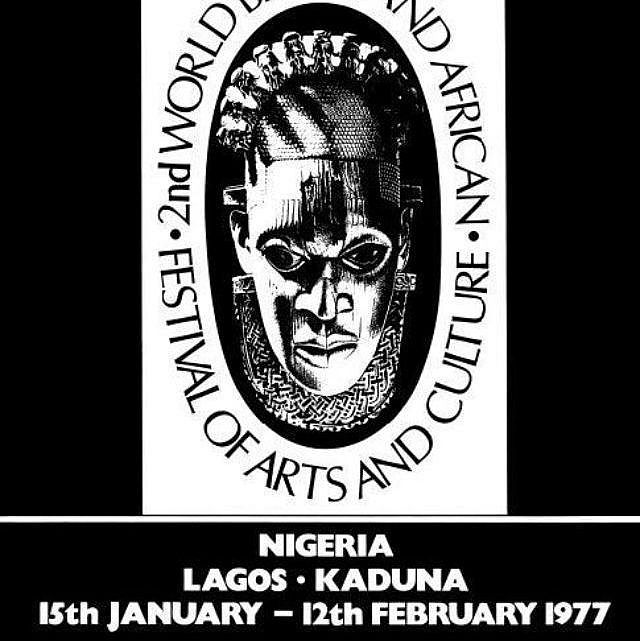Scripted Identity and Urban Imaginaries: The Festac ‘77 and Festac Town through the Lens of Nollywood

Florence Siegenthaler | Highway Africa Research Studio Paper, 2018
A young man with a black shirt is roaming about the dusty streets. A mother and her twin-girls are passing by in a car, her gaze is worried. The camera swings to a sordid block of flats. Inside, a woman with thick curly hair, is wiping the floor. From the corner, she is being observed by another female, wearing strong make-up and tight clothes. "Don't’ sweep dirt on me", she says, filing her nails. "Please Mama, I'm not even close to where you are" . A third one enters the room. "Ignore her, Mama”, she says, "she is just angry she didn't get any overnight customers last night”.
In 2014, the Nigerian film production company ROK-Studios launched a new TV-Series, set in a very particular part of the former capital city of Lagos: Festac Town. As the series becomes increasingly popular, I hold that Festac Town also deserves a place in scholarly work on its name-giving town. The housing estate was built in the 1970ies as "a symbol of modernity” , to not only solve the housing shortage Lagos was facing at the time, but also, to host the various participants of The Second World Black and African Festival of Arts and Culture, short Festac '77 , taking place in Lagos (Adedokun 2013).
Quick Links
